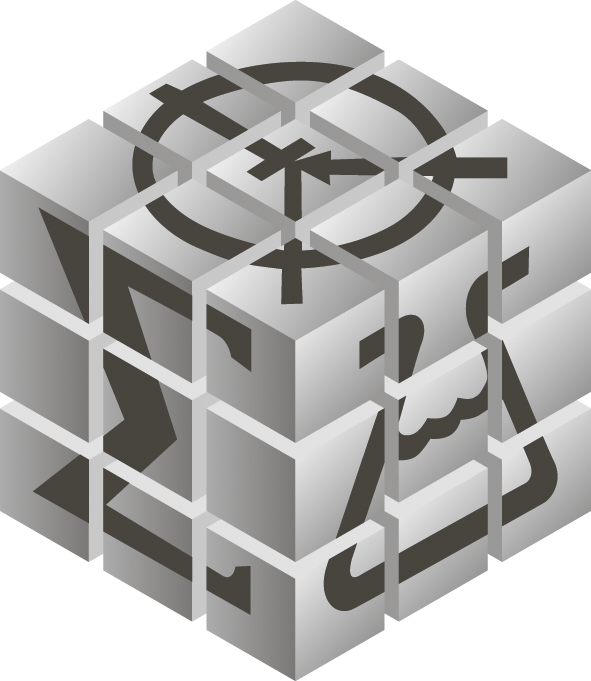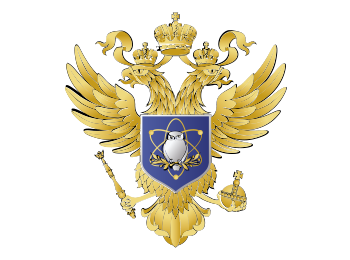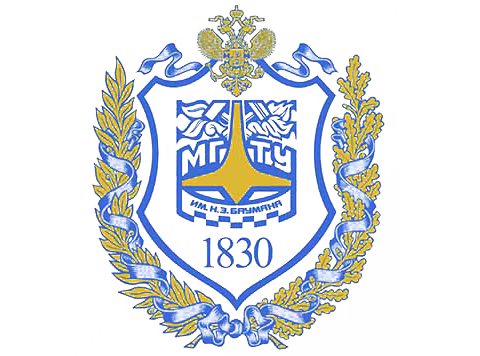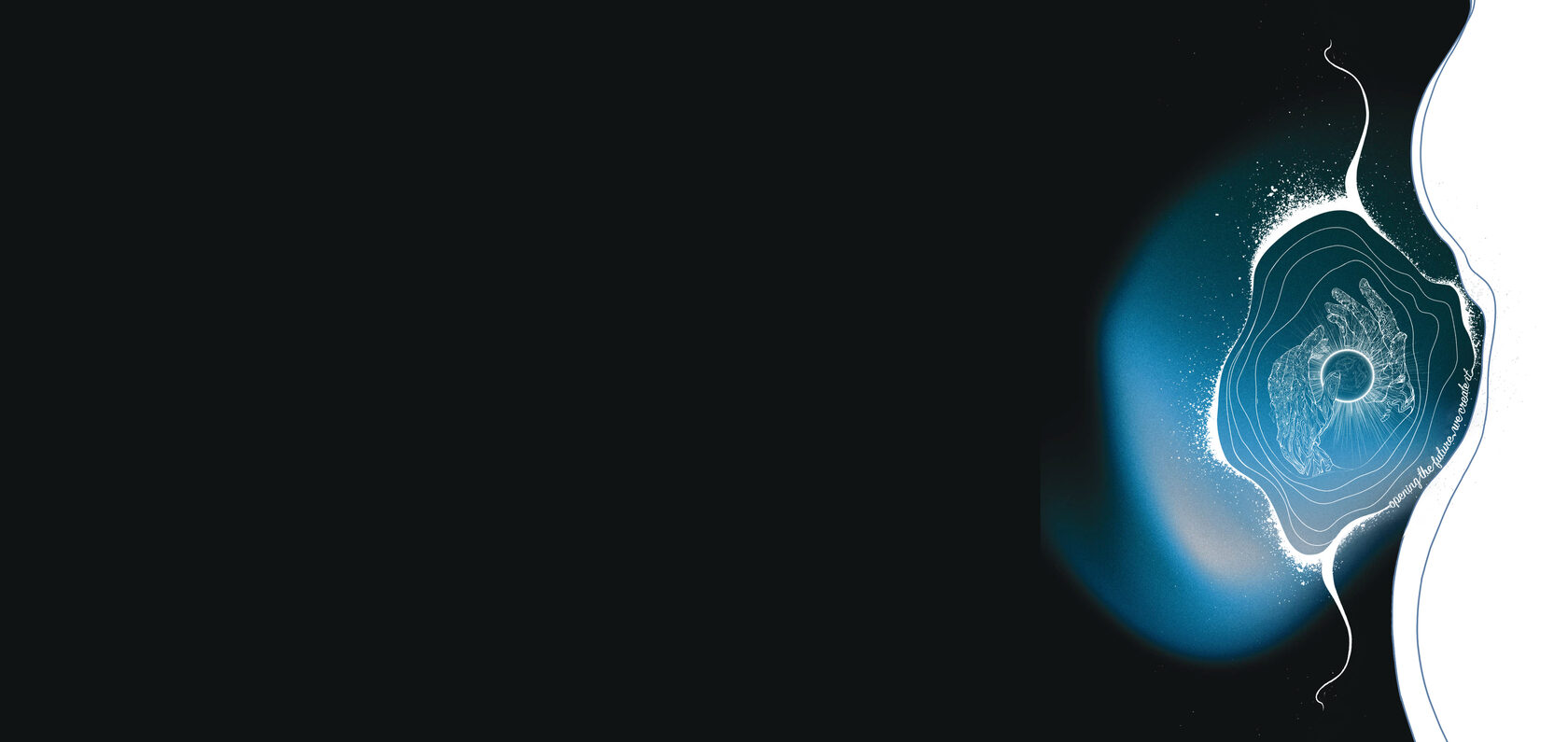

«Education of the Future, and the Future of Education»
International Conference
on Modern Education Development
on Modern Education Development
Moscow, Russia, March 24-27, 2025
Application form


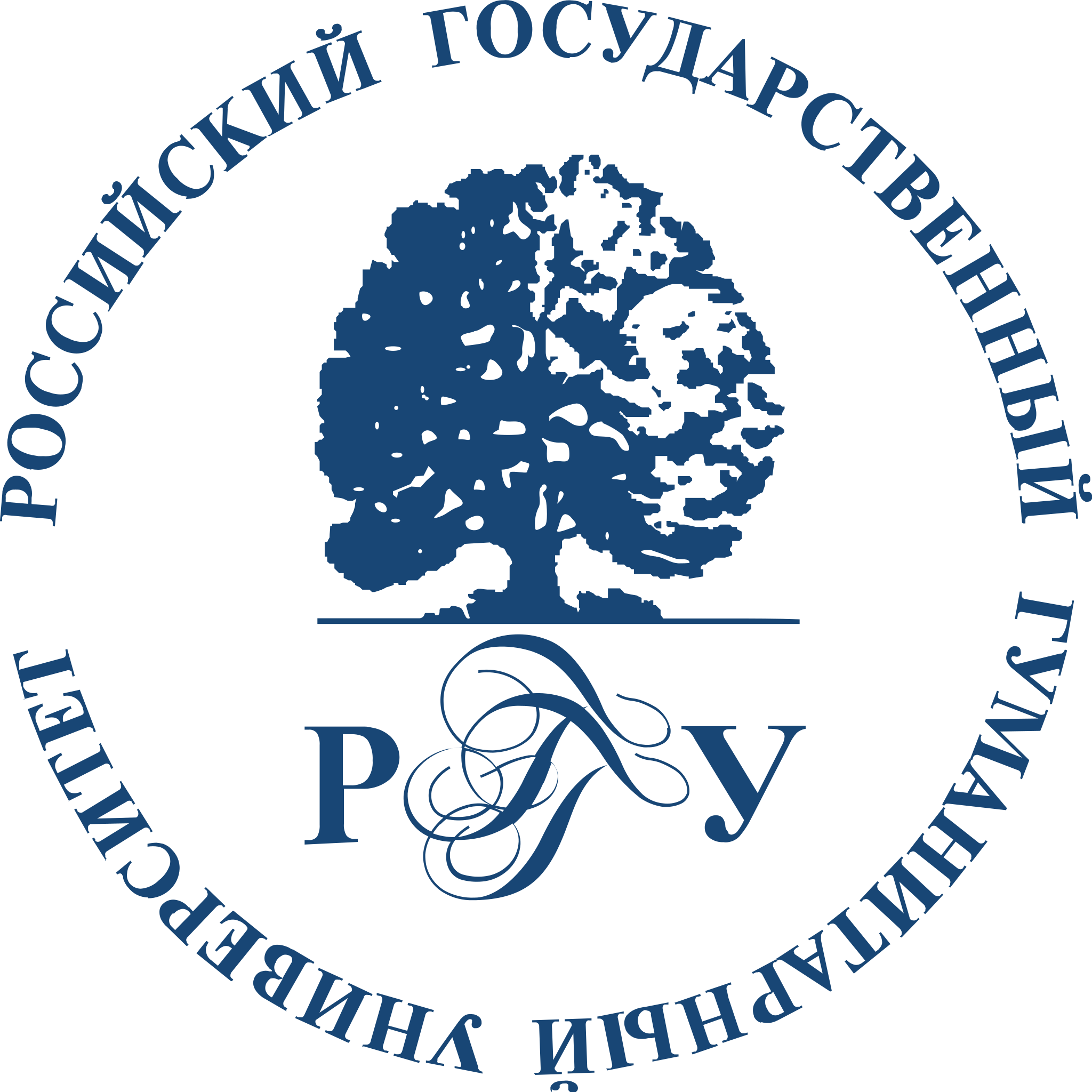

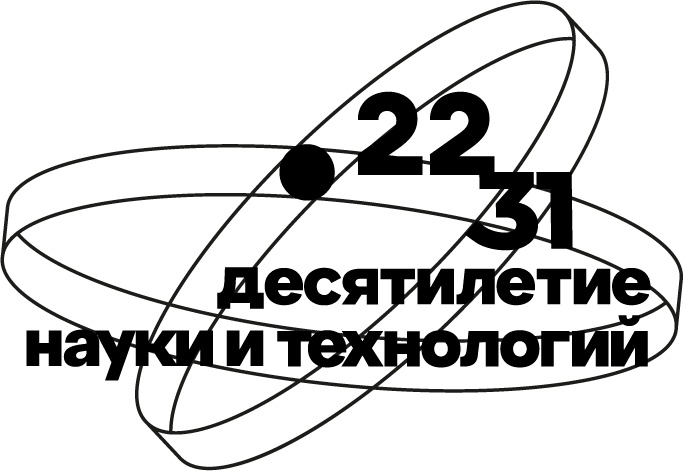
The ICMED'2025 International Conference extends an invitation to scientists, representatives of public authorities, employees of educational and scientific institutions, learners involved in solving problems of modern education development who are interested in creating scientific methods for formation the education of the future.
Formation of education of the future is a fundamental task of our time – welfare of nations, peoples and individuals depends on its effective solution. The responsibility for solving this task lies with those who are able to make a scientific and organizational contribution to the education advancement. The ICMED’2025 Conference will open the way to combine efforts of professionals from different fields of knowledge in shaping images of education of the future, in finding right pathways leading to them.
The Conference is an official event of the Decade of Science and Technology in the Russian Federation. The co-chairs of the Conference are Professor D.B. Bogoyavlenskaya – Doctor of Psychology, the matriarch of Russian psychology; A.O. Karpov – Doctor of Philosophy, the founder and head of the “Step into the Future” Programme. Leading experts in the field of sciences of education, philosophy, psychology, sociology, and cultural studies are members of the Program Committee of the Conference. Media partners of the Conference are the journals “Herald of the Russian Academy of Sciences”, “Voprosy Philosofii” (“Problems of Philosophy”), “Higher Education in Russia”, “Sociological Studies”, “Educational Studies”, “Russian Journal of Philosophical Sciences”, “Social Sciences and Contemporary World”, “The Education and Science Journal” and “POISK” Newspaper.
The Conference will be held during the Russian Forum for Scientific Youth “Step into the Future”, which will be attended by more than 1,000 talented school researchers and undergraduates. Speakers and listeners at the Conference will be able to attend the main events of the Forum, including projects defenses at the exhibition of the best works and at specialized workshops.
The purpose of the Conference is the interdisciplinary development of key problems, directions and methods of the modern education development in the movement towards education of the future, as well as fundamental constituents of education of the future as a whole and at different levels of education; definition of goal-setting, the role and place of education in the anthropological, social, cultural, and economic coordinate system of society of the future.
Types of participation in the Conference: as a scientific speaker or as a listener. The conference program includes plenary sessions, scientific workshops and a discussion platform for young scientists and mentors, postgraduates, students, and school researchers aged between 17-35 years old. Working languages at the Conference are Russian and English (translation is provided). There is no registration fee. Key topics of the Conference – see Attachment.
We advise the authors of reports to adhere to main directions of the Conference as to scientific methodology in formulation, analysis and development of educational problems. The articles of all speakers at the Conference will be published in the Conference Proceedings with ISBN number and submitted for indexing to the Russian Science Citation Index (RSCI). We are looking to publish a collection of conference works of scientific youth with articles presented by participants at the discussion platform on key topics of the Conference (works are receivable for selection upon the Conference closure). Certain articles will be published in scientific journals – media partners of the Conference). International certificates with the logo of the Decade of Science and Technology will be handed over to all participants of the Conference (speakers, listeners, participants in open discussions).
For participation in the Conference, you should submit the Application Form (https://sitf.online/icmed_reg).The conference participants who are willing to make a report, should upload their photo and the article drawn up and designed in accordance with rules (if there are two or many authors, the application with the article and photos should be uploaded once with indication of all authors), as well as abstracts of reports. The deadline for electronic registration and acceptance of the articles is January 19, 2025.
The reports will be reviewed and selected by the Program Committee. The list of speakers and invited listeners will be approved by February 25, 2025 and published on the website: sitf.online/icmed. Invitations to the Conference will be sent shortly afterwards to e-mail addresses indicated in the applications.
Formation of education of the future is a fundamental task of our time – welfare of nations, peoples and individuals depends on its effective solution. The responsibility for solving this task lies with those who are able to make a scientific and organizational contribution to the education advancement. The ICMED’2025 Conference will open the way to combine efforts of professionals from different fields of knowledge in shaping images of education of the future, in finding right pathways leading to them.
The Conference is an official event of the Decade of Science and Technology in the Russian Federation. The co-chairs of the Conference are Professor D.B. Bogoyavlenskaya – Doctor of Psychology, the matriarch of Russian psychology; A.O. Karpov – Doctor of Philosophy, the founder and head of the “Step into the Future” Programme. Leading experts in the field of sciences of education, philosophy, psychology, sociology, and cultural studies are members of the Program Committee of the Conference. Media partners of the Conference are the journals “Herald of the Russian Academy of Sciences”, “Voprosy Philosofii” (“Problems of Philosophy”), “Higher Education in Russia”, “Sociological Studies”, “Educational Studies”, “Russian Journal of Philosophical Sciences”, “Social Sciences and Contemporary World”, “The Education and Science Journal” and “POISK” Newspaper.
The Conference will be held during the Russian Forum for Scientific Youth “Step into the Future”, which will be attended by more than 1,000 talented school researchers and undergraduates. Speakers and listeners at the Conference will be able to attend the main events of the Forum, including projects defenses at the exhibition of the best works and at specialized workshops.
The purpose of the Conference is the interdisciplinary development of key problems, directions and methods of the modern education development in the movement towards education of the future, as well as fundamental constituents of education of the future as a whole and at different levels of education; definition of goal-setting, the role and place of education in the anthropological, social, cultural, and economic coordinate system of society of the future.
Types of participation in the Conference: as a scientific speaker or as a listener. The conference program includes plenary sessions, scientific workshops and a discussion platform for young scientists and mentors, postgraduates, students, and school researchers aged between 17-35 years old. Working languages at the Conference are Russian and English (translation is provided). There is no registration fee. Key topics of the Conference – see Attachment.
We advise the authors of reports to adhere to main directions of the Conference as to scientific methodology in formulation, analysis and development of educational problems. The articles of all speakers at the Conference will be published in the Conference Proceedings with ISBN number and submitted for indexing to the Russian Science Citation Index (RSCI). We are looking to publish a collection of conference works of scientific youth with articles presented by participants at the discussion platform on key topics of the Conference (works are receivable for selection upon the Conference closure). Certain articles will be published in scientific journals – media partners of the Conference). International certificates with the logo of the Decade of Science and Technology will be handed over to all participants of the Conference (speakers, listeners, participants in open discussions).
For participation in the Conference, you should submit the Application Form (https://sitf.online/icmed_reg).The conference participants who are willing to make a report, should upload their photo and the article drawn up and designed in accordance with rules (if there are two or many authors, the application with the article and photos should be uploaded once with indication of all authors), as well as abstracts of reports. The deadline for electronic registration and acceptance of the articles is January 19, 2025.
The reports will be reviewed and selected by the Program Committee. The list of speakers and invited listeners will be approved by February 25, 2025 and published on the website: sitf.online/icmed. Invitations to the Conference will be sent shortly afterwards to e-mail addresses indicated in the applications.
Information about arrangement of participation, preparation of the article and the report is provided in the Information Attachment, as well as posted on the main website of the “Step into the Future” program: http://sitf.online/icmed.
Phone numbers of the Organizing Committee: +7 (499) 267-55-52, +7 (499) 263-62-82. E-mail: sitfp@bk.ru.
Phone numbers of the Organizing Committee: +7 (499) 267-55-52, +7 (499) 263-62-82. E-mail: sitfp@bk.ru.
Key topics of the Conference
1. The image of education of the future:
a) culture and history of own people as fundamentals that determine the formation of education of the future;
b) ontological, epistemological, psychological, didactic grounds and goal-settings for education of the future;
c) creativity and science in education of the future;
d) formation and models of education of the future; global and unique in models of education of the future; public expectations and social demands; foresight as a tool for movement towards education of the future.
b) ontological, epistemological, psychological, didactic grounds and goal-settings for education of the future;
c) creativity and science in education of the future;
d) formation and models of education of the future; global and unique in models of education of the future; public expectations and social demands; foresight as a tool for movement towards education of the future.
2. The image of the future of education:
a) general trends: the relation between formal and informal, educational ecosystems, semiotic turn, multimodality, meta-universes as creativity spaces; digital transformations (online learning and generative tools); personalization; movement towards soft skills and involvement into the structure of professional activity, value orientation and specifics of world perception;
b) ontological role of education in society of the future: human-forming significance, social, cultural, and economic functions;
c) roles of social paradigms and epistemic dominance in formation the future of education;
d) reproductive-productive transition as a key change in the epistemic dominant that determines the social, cultural and economic future of education.
b) ontological role of education in society of the future: human-forming significance, social, cultural, and economic functions;
c) roles of social paradigms and epistemic dominance in formation the future of education;
d) reproductive-productive transition as a key change in the epistemic dominant that determines the social, cultural and economic future of education.
3. Changes in components of the implicit education paradigm when moving towards education of the future:
a) in institutionalization, environment, organization of education;
b) in education content – education methods, tools and materials;
c) in cognition method, including in the dominant quality of the cognitive method;
d) in educational imperative.
b) in education content – education methods, tools and materials;
c) in cognition method, including in the dominant quality of the cognitive method;
d) in educational imperative.
4. Local paradigms of education – directions and contents of transformations: research, problematic, entrepreneurial, productive, personal, developmental, heuristic, dialogue of cultures, etc.:
a) transformations in local paradigms and local paradigms by itself; interaction and interpenetration of local paradigms;
b) options for implementation of local paradigms – a separate educational locus, an integral part of the overall educational action, etc.;
c) paradigm-differentiated education system; age invariants and education levels.
b) options for implementation of local paradigms – a separate educational locus, an integral part of the overall educational action, etc.;
c) paradigm-differentiated education system; age invariants and education levels.
5. “Education: a look from the future” - the discussion platform for young scientists, educators, postgraduates, students and school researchers :
a) interdisciplinary nature of education and neurotechnology;
b) ethics of education in view of education of the future;
c) medicalization of education: problems and prospects.
b) ethics of education in view of education of the future;
c) medicalization of education: problems and prospects.
PROGRAM COMMITTEE
- Vladislav A. LEKTORSKYChairman of the Program Committee, Editor-in-chief of the journal "Philosophy of Science and Technology", Dean of the Faculty of Philosophy of the GAUGN, Chief Researcher of the Institute of Philosophy of the Russian Academy of Sciences, Professor, Academician of the Russian Academy of Sciences, Doctor of Philosophy
- Diana B. BOGOYAVLENSKAYACo-chairs of the Conference, Professor, Honorary Member of the Russian Academy of Sciences, Doctor of Psychological Sciences, Honored Scientist of the Russian Federation
- Alexander O. KARPOVCo-chairs of the Conference, Head of the “Step into the Future” Programme, Doctor of Philosophy
- Nadezhda G. BAGDASARYANProfessor of “Sociology and Cultural Studies” Department at the Bauman Moscow State Technical University, Academician of the Russian Academy of Natural Sciences, Doctor of Philosophy
- Irina N. GRIFTSOVAHead of the Philosophy Department at the Moscow Pedagogical State University, Professor, Doctor of Philosophy
- Galina I. ZVEREVADean of the Cultural Studies Faculty at the Russian State University for the Humanities, Head of the Cultural Studies Department, Professor, Doctor of Historical Sciences
- Elena V. KIPRIYANOVADirector of the “Chelyabinsk Lyceum No. 11“ Municipal Budgetary Educational Institution, Doctor of Pedagogical Sciences
- Daria P. KOZOLUPENKOProfessor of the “Philosophy of Education” Department at Lomonosov Moscow State University, Doctor of Philosophy
- Andrey D. KOROLRector of the Belarusian State University, Doctor of Pedagogical Sciences, Professor, foreign member of the RAO
- Ilham R. MAMMADZADEHDirector of the Institute of Philosophy and Sociology of the Azerbaijan National Academy of Sciences, Doctor of Philosophy, Professor
- Boris I. PRUZHININEditor-in-Chief of the “Problems of Philosophy” journal, Head of the “Philosophy of Natural Sciences” Section at the Institute of Philosophy of the Russian Academy of Sciences, Professor, Doctor of Philosophy
- Vadim M. ROZINEditor-in-Chief of the “Culture and Art” journal, Chief Researcher at the Institute of Philosophy of the Russian Academy of Sciences, Professor, Doctor of Philosophy
- Vladislav V. SERIKOVChief Researcher at the Institute of Education Development Strategy, Academician of the Russian Academy of Education, Professor, Doctor of Pedagogical Sciences, Honored Scientist of the Russian Federation
- Andrey V. KHUTORSKOYDirector of the Human Education Institute, Corresponding Member of the Russian Academy of Education, Doctor of Pedagogical Sciences
ORGANIZING COMMITTEE
- Diana B. BOGOYAVLENSKAYACo-chairs of the Conference, Professor, Honorary Member of the Russian Academy of Sciences, Doctor of Psychological Sciences, Honored Scientist of the Russian Federation
- Alexander O. KARPOVCo-chairs of the Conference, Head of the “Step into the Future” Programme, Doctor of Philosophy
- Andrey Y. ALEKSEEVProfessor of the Department of Philosophy of Science and Technology of the Faculty of Philosophy of the State Academic University for the Humanities, Professor of the Academy of Engineering of the RUDN University, Coordinator of Scientific Programs of the SCMAI RAS, Doctor of Philosophy
- Ekaterina A. ALEKSEEVADeputy Dean on Educational and Methodological Work of the Faculty of Philosophy of the State Academic University for the Humanities, Co-chairman of the section "Intelligent Systems and Cognitive Technologies in Education" of the SCMAI RAS, Candidate of Philosophical Sciences
- Valery K. BALTYANDirector of the Interdisciplinary Educational and Scientific Center for Technological Development and Eurasian Integration of Bauman Moscow State Technical University, Advisor to the Association of Technical Universities
- Elena V. BRYZGALINAHead of Educational Philosophy Department at the Lomonosov Moscow State University, Associate Professor, Candidate of Philosophical Sciences
- Alexander Yu. VEDEKHINDeputy Director of the Department of State Youth Policy and Educational Activities of the Ministry of Education and Science of the Russian Federation
- Daria A. KUDRYAVTSEVAVice-Rector for Complementary Education of the Moscow Pedagogical State University
- Alexander V. LEONTOVICHChairman of the “Researcher” Inter-regional Social Movement of Creative Educators, Candidate of Psychological Sciences
- Anna A. MAKARENKODeputy Director of the National Qualifications Development Agency
- Ludmila V. PANKOVAvice-rector for academic affairs of Peter the Great St. Petersburg Polytechnic University, PhD in Economics, Assistant Professor
- Nadezhda B. SAMOILOVADirector of the Open Education Development Center at the Moscow Pedagogical State University, Senior Lecturer at the Culturology Department
- Vladimir L. SHUNIKOVDirector of the Complementary Education Institute at the Russian State University for the Humanities, Associate Professor, Candidate of Philological Sciences
- Olga V. KARPOVAExecutive Secretary, Expert in Educational and Methodological Activities at the Bauman Moscow State Technical University
Ministry of Science and Higher Education of the Russian Federation
Russian State University for the Humanities
National Agency for Qualifications Development
Bauman Moscow State Technical University
Moscow Pedagogical State University
State Academic University for the Humanities
Organizers

LLC "Agrovagon"
Belarusian State University
Partners
Technical Universities Association
Peter the Great St.Petersburg Polytechnic University
Russian Youth Engineering Society
Coordinating Council of the Ministry of Science and Higher Education of the Russian Federation in the "Engineering, Technology and Technical Sciences" field of education
Interregional Social Movement of Creative Teachers «Researcher»
The Institute of Philosophy of the Academy of National Sciences of Azerbaijan
«Voprosy Filosofii» – Journal of the Russian Academy of Sciences, Institute of Philosophy of the Russian Academy of Sciences
«Russian Journal of Philosophical Sciences» – Journal of the Academy of Humanitarian Studies
«Social Sciences and Contemporary World» – Journal of the Russian Academy of Science
«Vysshee Obrazovanie v Rossii» – Journal of the Association of Technical Universities
«Socis(Sociological Studies)» – Journal of the Russian Academy of Sciences, Federal Research Sociological Center of the Russian Academy of Sciences
«The Education and Science Journal» – Journal of the Russian State Vocational Pedagogical University (Yekaterinburg)
Information partners
«Poisk» – A newspaper for the scientific community
«Educational Studies» (Moscow) is an academic peer-reviewed journal by National Research University Higher School of Economics
Herald of the Russian Academy of Sciences
